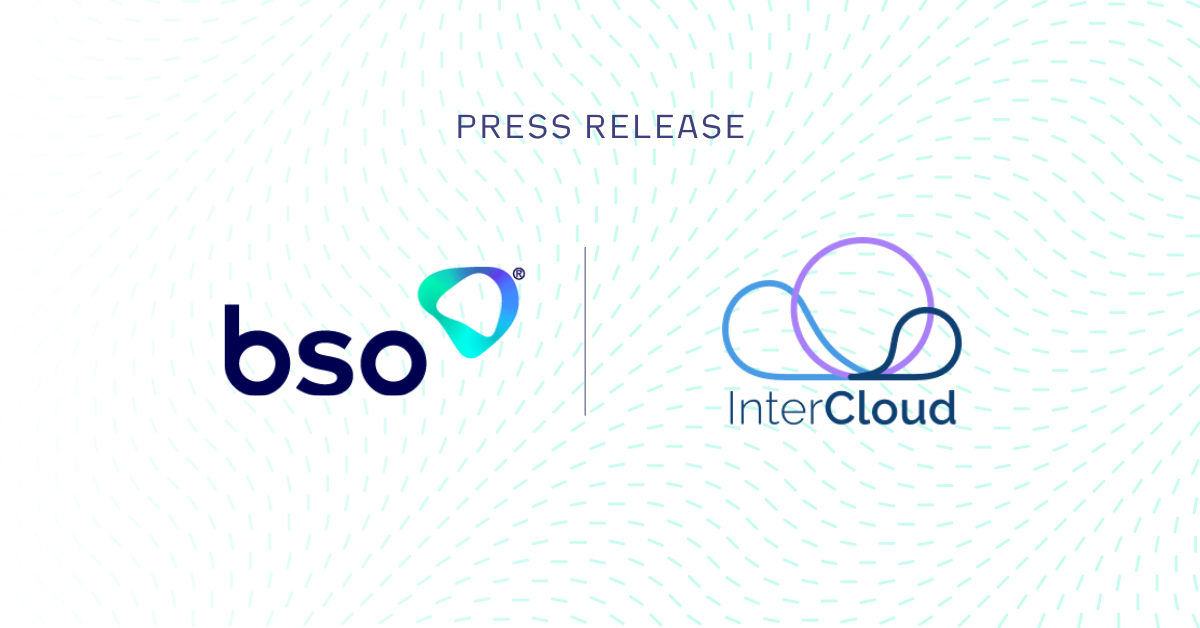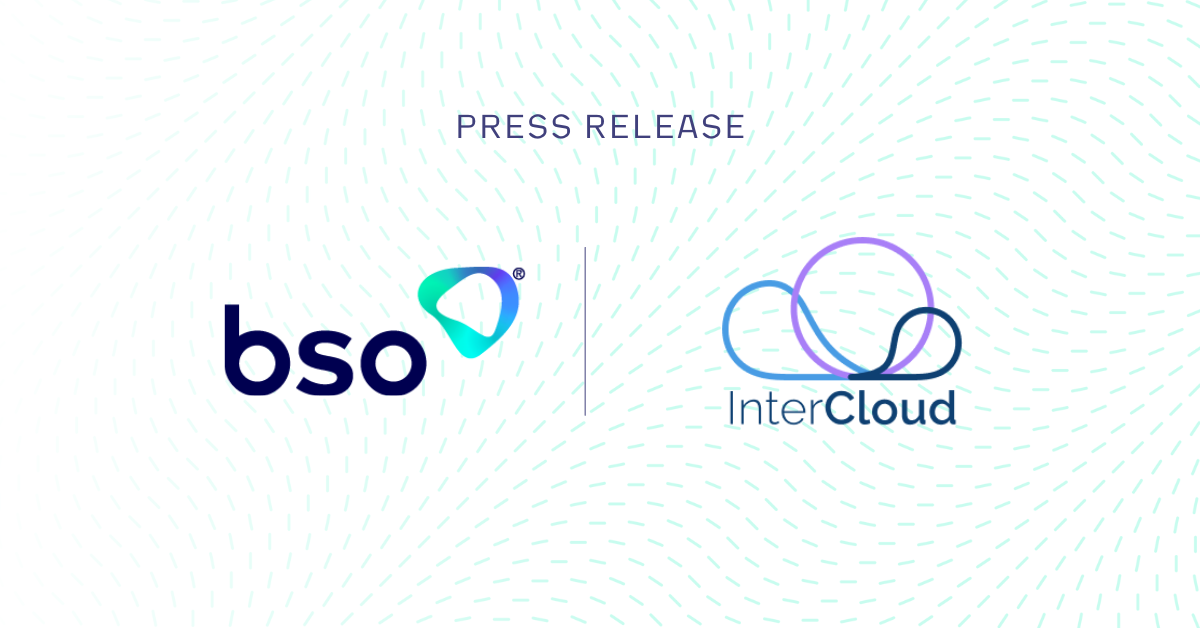EMBRACING CLOUD IN 2018 – EASING THE TRANSITION CHALLENGES FOR LEGAL SERVICES

We are proudly sponsoring the third annual Legal Leaders IT Forum.
The forum, which will be held in Gleneagles on 25th-27th February 2018, brings together law firm CIOs and IT Directors for three days of learning from legal technology experts and one another about technology issues and opportunities for law firms.
Along with AI and machine learning, the cloud is likely to be one of the frequently discussed topics at the Legal Leaders IT Forum. How to migrate to public, private or hybrid cloud solutions is one of the most widely grappled with IT decisions for law firm leadership today. A cloud computing panel on day 2 of the event will cover the “how-tos” of migrating to the cloud.
It’s Time for Law Firms to Embrace the Cloud
The advantages of cloud computing for law firms are numerous, but widespread misconceptions about the cloud have led to hesitancy by decision-makers.
Among many other advantages, cloud computing provides improved disaster-preparedness, increased adaptability, and long-term cost savings:
There are upfront costs associated with adopting cloud-based computing for law firms, but these costs are routinely offset by the long-term savings
-
Cloud services allow law firms to continue to access their data even during active disasters. Cloud services were credited with helping expedite government and business recovery after Japan was hit with three consecutive, severe natural disasters in 2011.
-
Law firms can readily adapt their cloud-based solutions to fit their changing needs – for example, by increasing the amount of available storage without the cost of having to buy new servers or switch data centers.
-
The use of cloud-based services reduces the need for in-house staff and IT infrastructure which leads to long-term cost savings for law firms.
Despite the many advantages of cloud computing for lawyers, many firms are still reluctant to make the transition to cloud computing. The myths that a private cloud is too expensive for most firms and not secure perpetuate, despite being untrue.
There are upfront costs associated with adopting cloud-based computing, but these costs are routinely offset by the long-term savings from making the switch. Properly structured cloud computing structures for law use data to continuously improve security and dynamically identify and adapt to potential threats.
Transitioning to the Cloud Does Not Have to be a Headache
Another hesitancy about the cloud expressed by law firms is the process of migrating from their existing system to the cloud. Migration does not have to be a headache. CIOs and other firm leadership can help ensure the process is as seamless as possible by avoiding common mistakes and learning from others:
1. Choosing the Right Cloud Infrastructure
Cloud computing for law firms is not a one-size-fits-all proposition. The best cloud infrastructure and management depends on each firm’s unique business structure, goals, and needs and will evolve over time with the firm.
Cloud service providers, like BSO, can help lawyers understand their cloud computing options and make the right decision for their law firm.
The right provider serves as a trusted partner in the law firm’s digital transformation. They work closely with firms, providing support and guidance throughout the firm’s growth and digital evolution.
2. Too Much, Too Soon?
Once the decision to migrate to the cloud is made, it is natural to want to complete it as quickly as possible. However, moving quickly without sufficient forethought leads to mistakes that could have been avoided.
Before taking any action, law firms should develop a strategic plan for the integration that includes:
-
predictions of possible migration issues
-
identification of staff who will oversee the migration
-
security measures to protect data during the migration process
-
a migration schedule that considers the implications of the order of migration
3. Take Advantage of Cloud Experts
In an effort to save money, law firms sometimes attempt to use their chosen cloud computing service provider as little as possible and instead rely on in-house IT professionals to learn as they go.
This strategy does not always work in the short term – cloud computing experts can often achieve the same result in far less time than in-house staff without expertise in cloud computing – and it almost never works in the long term.
Cloud experts can apply their experience to ensure that migration is done correctly the first time, avoiding the future cost of remedying errors.
Future Rewards for Firms that Invest in Technology
Technology is no longer a nicety for law firms, it is a necessity, particularly for law firms representing international clients. Law firms are now expected to be able to communicate and provide documents to clients across the world instantly, at any time of day.
To stay competitive, law firms must consider their IT staff as an integral part of their operations, not merely support staff.
The role of technology in law firms will continue to expand and, with it, the role of IT staff at law firms. To stay competitive, law firms must consider their IT staff as an integral part of their operations, not merely support staff.
The IT departments themselves should take a proactive approach – keeping apprised of technological advances that could improve operations – and must be able to work with outside technology experts for specialized projects.
Firms that invest in technology and their IT departments will be rewarded by the improved client retention and satisfaction that comes with providing faster, reliable communication and legal services.
Learn More
Law firm IT leaders are invited to meet with our CCO Fraser Bell, and Business Development Director, Sean Pickering, at the Legal Leaders IT Forum event in Gleneagles to learn more about the benefits and best practices for cloud computing for the legal industry.
ABOUT BSO
The company was founded in 2004 and serves the world’s largest financial institutions. BSO is a global pioneering infrastructure and connectivity provider, helping over 600 data-intensive businesses across diverse markets, including financial services, technology, energy, e-commerce, media and others. BSO owns and provides mission-critical infrastructure, including network connectivity, cloud solutions, managed services and hosting, that are specific and dedicated to each customer served.
The company’s network comprises 240+ PoPs across 33 markets, 50+ cloud on-ramps, is integrated with all major public cloud providers and connects to 75+ on-net internet exchanges and 30+ stock exchanges. The team of experts works closely with customers in order to create solutions that meet the detailed and specific needs of their business, providing the latency, resilience and security they need regardless of location.
BSO is headquartered in Ireland, and has 11 offices across the globe, including London, New York, Paris, Dubai, Hong Kong and Singapore. Access our website and find out more information: www.bso.co
SALES ENQUIRY
Get in touch now. Find out how we can transform your business_
You might be interested in_
THE BSO DIFFERENCE
The industries we work across_





/Revolutionising-Connectivity%20BSOs-Tailored-Cloud-Solution-for-CryptoStruct-GmbH.png?width=1050&height=550&name=Revolutionising-Connectivity%20BSOs-Tailored-Cloud-Solution-for-CryptoStruct-GmbH.png)
/6%20Cloud%20Best%20Practices%20for%20Financial%20Technology%20Companies.jpg?width=1200&height=600&name=6%20Cloud%20Best%20Practices%20for%20Financial%20Technology%20Companies.jpg)








